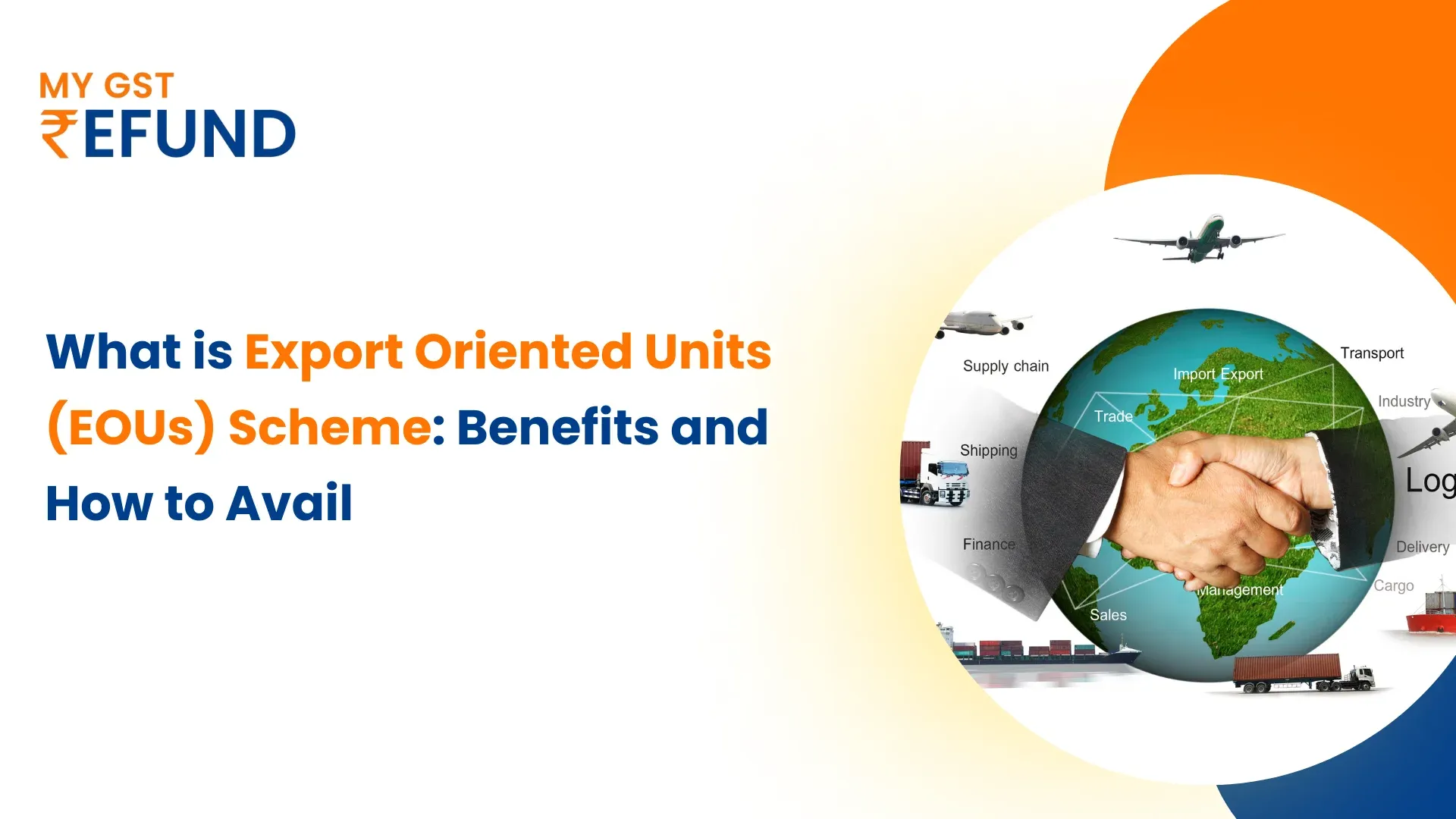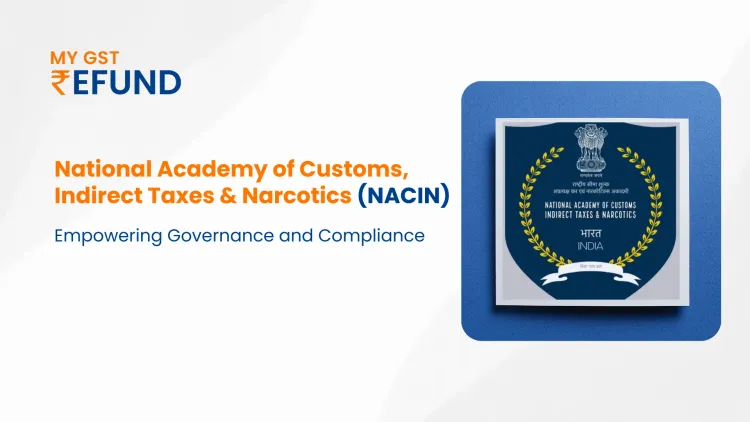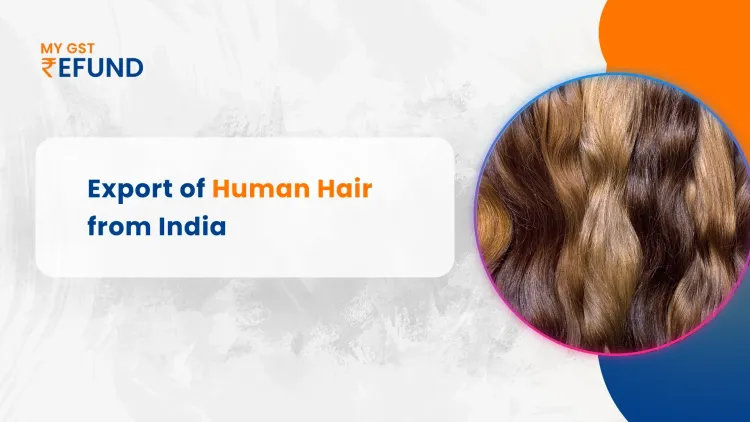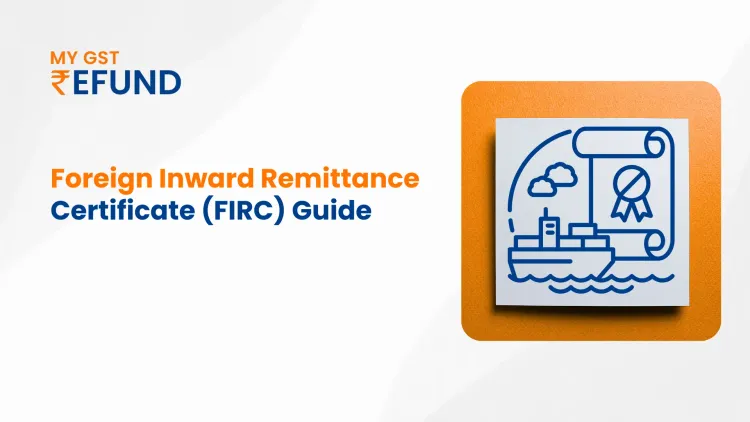What is Export Oriented Units (EOUs) Scheme: Benefits and How to Avail
Are you hoping to grow your business overseas? An Export Oriented Unit (EOU) Scheme promotes Indian companies to export internationally by reducing expenses and boosting market competitiveness. Our blog will guide you through all the essentials of starting your own EOU operation.
What is the Export-Oriented Units (EOU) Scheme?
In 1981 the Indian government established the Export Oriented Unit (EOU) Scheme. Its main objective focuses on growing international sales and strengthening India's foreign exchange position. According to the Foreign Trade Policy, an Export Oriented Unit needs to export nearly all output from its manufacturing and service operations. EOUs receive favorable treatment, including the ability to import goods tax-free under Warehouse Bonding & Debonding rules.
Eligible activities include:
1. Manufacturing
2. Repair, re-making, reconditioning, re-engineering
3. Rendering services
4. Software development
5. Agriculture and agro-processing
6. Aquaculture
7. Animal husbandry
8. Biotechnology
9. Floriculture, horticulture, pisciculture, viticulture
10. Poultry and sericulture
The trading units are not covered under the EOU Scheme. All kinds of goods and services [except items prohibited under ITC (HS)] can be exported. SCOMET items can be exported only with approvals from DGFT.
Goods cleared for export have to be cleared on payment of IGST and then a refund has to be claimed. On imports, there is an exemption from basic customs duty but IGST will be payable w.e.f 01-04-2018.
The legal foundation for EOUs exists in three documents: Chapter 6 of the FTP, Chapter 6 of the Handbook of Procedures Volume 1, and Appendix 6. The Directorate General of Foreign Trade (DGFT) publishes notifications and materials to distribute updates about changes to foreign trade regulations.
Key Features of the EOU Scheme:
1. EOUs receive special treatment by avoiding all customs duties on their incoming supplies of factory equipment and raw resources.
2. The plan removes all manufacturing requirements for products labeled under small-scale industry guidelines.
3. EOUs can get an Input Tax Credit as an expense deduction from their manufacturing operations for export.
EOUs can now access fast clearance processing services.
How the EOU Scheme Helps Indian Exporters:
Below, we have mentioned the Export Oriented Units (EOUs) Scheme benefits that help Indian Exporters.
1. EOUs lower their production costs when they import goods without paying import duties.
2. The scheme organizes the process of creating and running export-focused production facilities.
3. EOUs gain advantageous market access to markets all around the world.
4. The scheme gives companies tax advantages with duty refunds and tax eliminations.
5. EOUs benefit from the top-quality infrastructure found inside SEZs.
6. EOUs benefit from the Warehouse Bonding & Debonding provisions, which allow them to store goods in bonded warehouses without incurring customs duties until they are ready for export. This provides additional flexibility and cost savings for Indian exporters.
Through this scheme, Indian exporters can save money along with bettering their workflow and market position globally.
Steps to Set Up and Leverage the EOU Scheme
Submit Application
Prepare three ANF 6A application forms for your submission. Send your application directly to the DC in charge of the Export Promotion Zone where your future unit will be located.
All-purpose bond in form B-17
1. The EOU units have to execute a bond in FORM B-17 which is a purpose bond covering the liability of Customs.
2. B-17 Bond should be executed and accepted within one day of application – MF (DR) Circular No. 2/2017-Cus dtd 09-01-2017.
3. In EOU's case, the B-17 Bond executed by them is sufficient. Separate bond for movement of goods is not required – MF (DR) circular No. 29/2017-Cus dtd 17.07.2017
Approval Process
The Unit Approval Committee examines each application for approval during a 15-day evaluation period. The application follows BOA for approval checks when the proposal asks for industrial licenses or special permissions.
Obtain the Letter of Permission (LOP)
The Development Commissioner issues a LoP or LoI after giving the approval. The document gives the applicant permission to build the unit according to plan. During its two-year validity period companies must finish building the unit and install the necessary machinery.
Environmental Clearance:
Environmental clearance is required from MOEFCC. In certain cases of highly polluted industries, Environmental Impact Assessment (EIA) is to be in certain cases. However, to speed up the process, the requirement of a public hearing has been exempted in the case of EOU.
Request Extensions if Needed
Production must begin before the LOI expires after two years or the unit can ask for a one-year extension. We need your Chartered Engineer to certify that your facility has advanced enough for construction or setup completion.
Start Operations
Production operations must begin while the LoP remains active either in its base two-year term or after the one-year extension. No need to renew the LoP when the business launches its operations for five years.
Ensure Legal Compliance
The Development Commissioner requires the approved unit to complete and sign the Legal Undertaking document. To work efficiently with digital communication, we should register both a permanent email address and a digital signature.
Import and Procurement
The unit receives favorable treatment that lets it import raw materials, consumables, and capital goods tax-free. The unit needs to follow all EOU scheme rules when importing materials and buying products.
Meet NFE Obligations
A positive balance of foreign exchange transactions is required from start to end of operations. All Export Oriented Unit (EOU) schemes must meet this requirement to operate.
Operational Setup
The export facility should operate from a specific location built for EOU tasks. The business should handle its domestic business independently by using different bank accounts and financial records.
Renew or Modify Approvals
After the LoP ends the unit can submit renewal requests for five-year periods. You can ask the Development Commissioner to approve changes to your EOU site location or production capacity whenever needed.
The sequence of actions allows businesses to become EOUs while ensuring they follow all necessary operational standards.
GST under Export-Oriented Units
Indian Export Oriented Unit (EOU) Scheme needs to follow a set of exclusive Goods and Services Tax regulations. SEZ units also have similar advantages when it comes to GST Refund for SEZ Units, especially for goods and services procured for export purposes.
Supplies to EOUs: EOUs must pay GST when suppliers deliver their products. EOUs are eligible to receive input tax credits from GST payments or apply for GST refund requests.
Supplies by EOUs to the Domestic Tariff Area (DTA): EOUs require submitting GST payments before transferring goods to clients operating inside the Domestic Tariff Area. EOUs do not pay GST when they make zero-rated exports according to Section 16 of the IGST Act. EOUs must pay GST for all exports and SEZ supply transactions.
Inter-EOU Transactions: GST treats all product transfers between EOUs as regular tax transactions under its framework. Every purchase in these situations needs GST compliance.
Customs Duty Exemption: EOUs handle their operations more efficiently because they do not have to pay basic customs duties for imports.
EOUs can claim a GST Refund for the input taxes paid on raw materials and services used for exports, ensuring that they don't bear unnecessary tax burdens.
EOUs are eligible to receive Deemed Export GST Refund for certain transactions under the GST regime, which helps reduce operational costs for businesses engaged in export manufacturing
EOUs operate under GST regulations in ways a standard business does while taking advantage of zero-tax supply rules and free customs duties with EOU Compliances.
Conclusion
Indian businesses that use the Export Oriented Units (EOUs) Scheme benefit from its extensive support when they want to sell products worldwide. EOU operations enhance India's exports and strengthen its foreign money reserves thanks to tax relief and easy business processes. Following the EOU Scheme guidelines helps businesses run better while saving money and becoming more competitive in their market. India's global growth potential makes the EOU Scheme an essential resource for companies that want international development.
Pro Tip: Use our GST Refund Calculator to easily calculate your refund and simplify the GST process. Whether you want to know your refund amount or check its status, our tool makes it simple to know your GST refund quickly and accurately.
Frequently Asked Question
What are the objectives of Export-Oriented Units (EOUs)?
Export Oriented Unit (EOU) Scheme primarily works to enhance export performance and secure funds while expanding national development. They pursue three goals: they want to provide jobs, lure foreign investments, and boost India's worldwide market reach through export-driven sectors.
What are the benefits of EOUs?
EOUs receive multiple advantages such as free import taxes and simplified paperwork rules. The units benefit from tax exemptions on raw materials plus GST advantages that lower costs and improve their export performance.
What is the export-oriented strategy?
This production method creates products for worldwide sale to generate more foreign currency and operate at larger operational capacities at reduced costs. This approach enables businesses to compete better while reducing risks through international markets to achieve better growth results.
What is the difference between SEZ and EOU?
Special Economic Zones provide wide-ranging tax breaks and procedures for business operations but EOUs work independently across India under selected tax privileges. EOUs primarily target export manufacturing but receive special tax breaks.
What are the rules for EOUs?
EOUs need to manufacture products solely for international buyers because they cannot sell them in India. Exporting units have to obey customs requirements and document all activities while sending annual paperwork about their successful international transactions. They need to follow all environmental and labor standards to stay legally in business.
Related Posts








